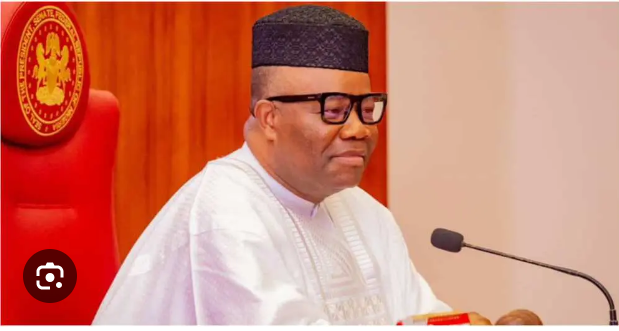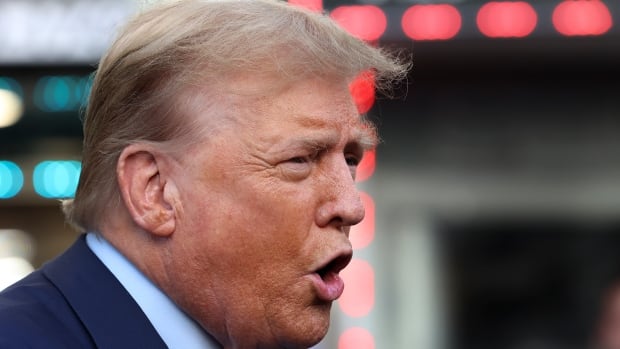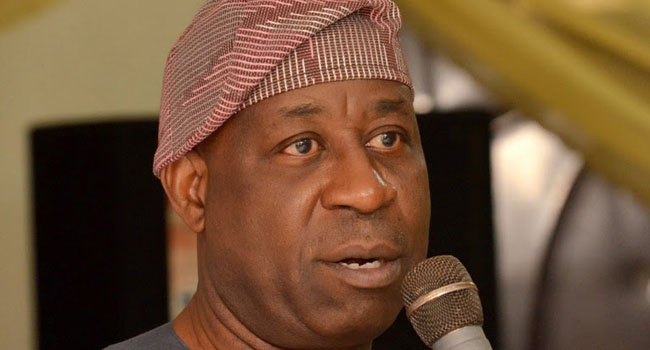
The Investments and Securities Bill 2024, aimed at transforming Nigeria’s capital market and enhancing the regulatory framework, passed the second reading in the Senate on Wednesday.
In a statement on Wednesday, the SEC noted that the bill, which sought to repeal the Securities and Exchange Commission Act, went through a second reading on the floor of the Senate.
Leading the debate, the Chairman of the Senate Committee on Capital Market, Senator Osita Izunaso, highlighted that the bill was designed to establish a more robust and transparent capital market, encouraging greater investor confidence and boosting foreign investments.
Izunaso explained that the bill proposed the repeal of the Investments and Securities Act of 2007 and the establishment of a comprehensive regulatory system to address emerging market needs, such as derivatives and systematic risk management.
He added, “The bill aims to provide the Securities and Exchange Commission with the necessary legal authority to regulate the market effectively, ensuring capital formation, protecting investors, and maintaining a fair and efficient market while reducing systemic risks.”
The bill has been praised for its potential to align Nigeria’s capital market regulations with global best practices, particularly in terms of protecting market integrity against abuse, insider trading, and fraudulent practices.
The new framework also introduces stringent penalties for Ponzi schemes and illegal fund managers, including fines of up to N20m or imprisonment for up to 10 years.
Senator Isa Jibrin and Senator Adetokunbo Abiru also expressed support for the bill, emphasising the importance of empowering the SEC to execute its mandate effectively and in line with international standards.
Senate President Godswill Akpabio, while announcing the passage of the bill, remarked, “The passage of this bill will reassure investors and help attract more funds into the capital market by minimizing risks.”
He referred the bill to the Senate Committee on Capital Market for further legislative action.
The ISB 2024 also introduces regulatory measures for Commodity Exchanges and Warehouse Receipts, crucial steps in developing Nigeria’s commodities sector.
This is expected to bolster the country’s economic diversification efforts, with a more secure and well-regulated capital market supporting growth.
The Director-General of the SEC, Emomotimi Agama, stated that the bill would pave the way for a world-class capital market.
He underscored its importance in boosting the global competitiveness of Nigeria’s financial sector.






